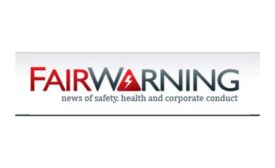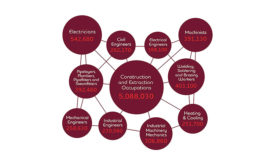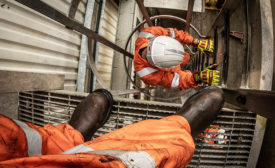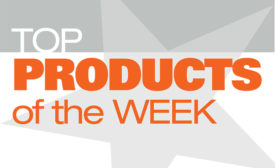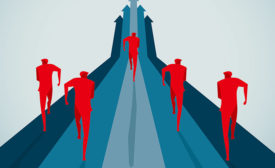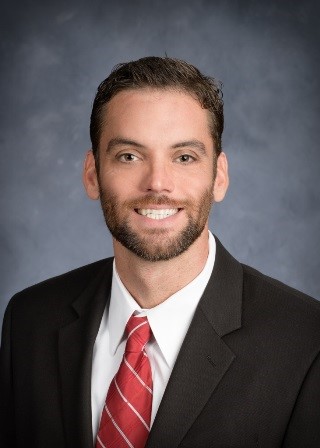Featured on Home Page
Big Pharma company takes on the “new view”
“We invented nothing ourselves but incorporated learnings”
June 13, 2019
Baby Boomers retiring, leaving many open trades positions
Invest in the next generation
June 11, 2019
Become a Leader in Safety Culture
Build your knowledge with ISHN, covering key safety, health and industrial hygiene news, products, and trends.
JOIN TODAYCopyright ©2025. All Rights Reserved BNP Media.
Design, CMS, Hosting & Web Development :: ePublishing



